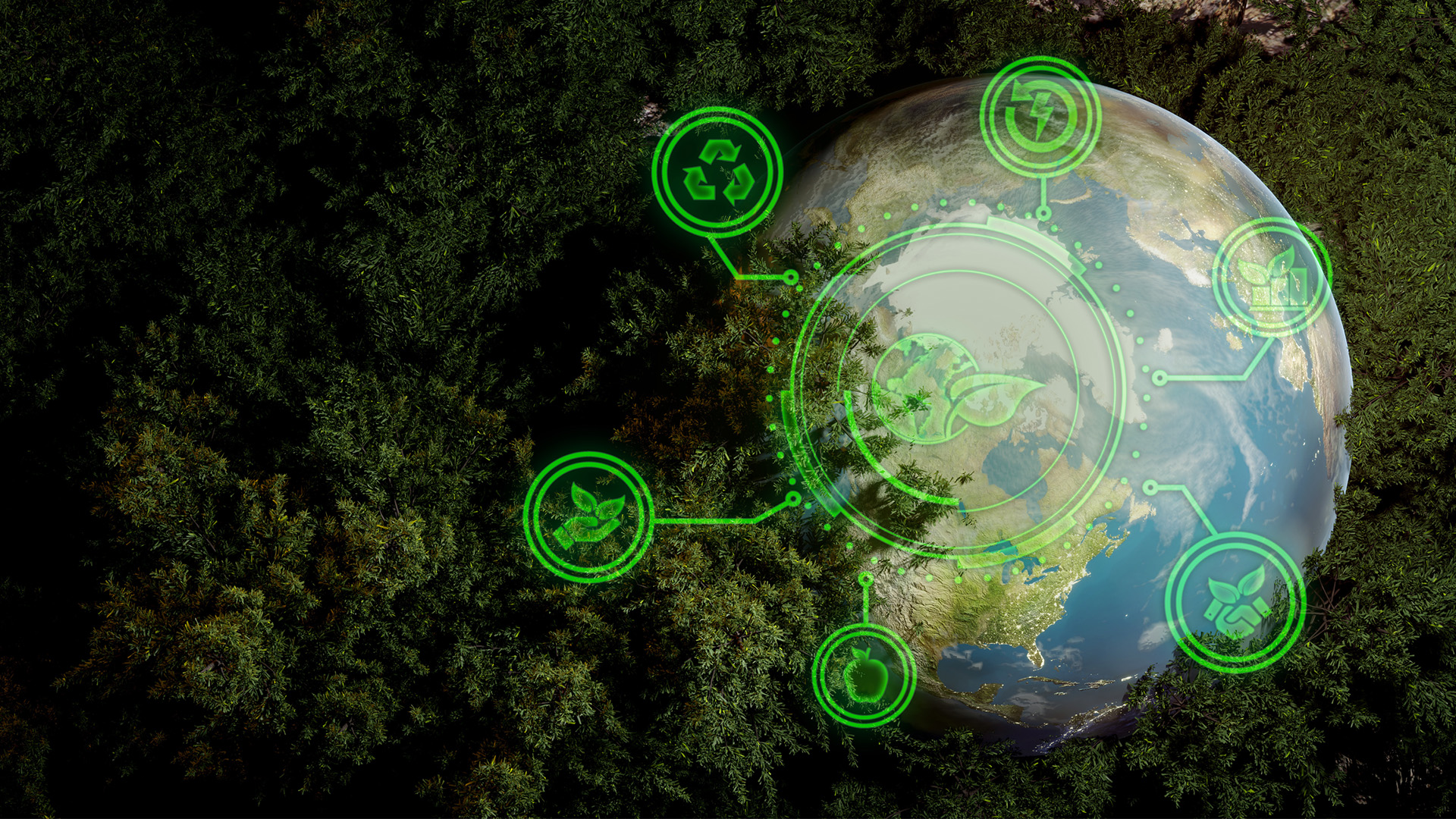
Publication
Supplementary reforms to the hydrocarbons sector
This Mexico decree issuing the LSH Regulations was published earlier this year.


Global | Publication | May 2024
In November 2023, the Department for Environment, Food & Rural Affairs (Defra) published the response (the Response) to its consultation on the introduction of mandatory digital waste tracking. The Response confirms the Government’s intention to introduce a mandatory digital waste tracking service from April 2025 (the Service) to make it easier to track waste and resources produced from waste throughout the economy.
The Response forms part of the UK Government’s wider plan to introduce ‘smarter regulation’ to grow the economy. Smarter regulation means only using regulation where necessary, implementing it well and ensuring its use is proportionate and future proof.
Currently in the UK, there is no single comprehensive way of tracking waste from production through to its end point. This makes it difficult to have a comprehensive understanding of whether waste has been recycled, recovered or disposed of. This also creates a financial incentive to exploit the system. Bad actor operators can cut costs by exporting contaminated or lower quality waste and organised criminals profit from illegally exporting poor quality waste that is misdescribed as being recyclable.
The introduction of the Service will make compliance with reporting requirements easier and less time consuming, as well as making it harder for companies to commit waste crime such as fly tipping, deliberately misclassifying waste, exporting illegal waste and illegally operating waste sites.
The Service forms part of a wider package of regulatory proposals aimed at improving waste regulation across the UK.
The Service will require waste producers to record information about the movements of controlled waste and extractive waste from the place where the waste is produced, referred to as ‘waste movements’. Information about waste received by a waste-receiving site will also need to be recorded on the Service as part of a waste movement. Although the term waste movement has not been defined, the Response sets out which waste movements that must be recorded on the Service, which are considered below.
Overall, where a record of a waste movement is required under existing legislation, a record on the Service will be required. Details on how the Service will work are yet to be confirmed, although it will likely involve submitting information about the waste type, quantity, and destination, amongst other information. The digital waste tracking requirements (the Requirements) will replace existing requirements to complete waste-transfer notes for non-hazardous waste and hazardous-waste consignment notes, as well as requirements for aggregated waste reporting.
The key proposals for the Service include the following.
The Requirements will apply to hazardous and non-hazardous waste, green waste, and other types of household, commercial and industrial waste.
Subject to certain exceptions, waste tracking records will be required when:
In cases where waste does not leave the site where it was originally produced, waste tracking records will be required when:
The UK Government intends to create several exceptions from the overarching requirements for digital waste tracking records. Under the exceptions, information about the waste handled will still be captured in the Service but records will begin at a later point in the chain, rather than the point at which the waste is produced. The exceptions do not extend to movements of waste under a certain weight, suggesting that records will need to be made of all waste movements regardless of the amount of waste being moved.
The exceptions are as follows:
The information that will need to be recorded on the Service is as follows:
Businesses will need to work with their waste management partners and/or carriers to determine the types of waste being produced, how much waste is being produced and how often, and where the waste goes. The person arranging a waste movement will be responsible for generating the waste tracking record.
The following responsibilities apply only to specific waste tracking roles:
The Government intends to include a requirement for businesses to retain documentation regarding waste classification.
After an initial period of familiarisation and education, enforcement action will be taken against businesses that continue to breach the Requirements. Although enforcement options have not been confirmed, the Government has indicated that this may include interventions such as advice, guidance or warning letters, or criminal enforcement procedures such as formal cautions or prosecution. Civil sanctions will take the form of fixed and variable financial penalties with no maximum to the variable fines. When imposing a financial penalty, the relevant enforcement authority will consider the environmental impact of the breach, the culpability of the organisation or person involved, and whether there is a history of non-compliance.
Once the Service becomes live, businesses will be expected to record data in a much timelier way than they do now and at a more granular level. As such, businesses must ensure that they are registered on the Service before it goes live and that they have made the necessary arrangements to be able to comply with the Requirements when they come into force.
The NRF Environment team is on hand to advise and support businesses that will be required to use the Service, and to assist in navigating the waste regulatory framework in the UK as it develops. We will continue to monitor and provide further updates on UK waste regulation.
With thanks to Katie Phipps (trainee solicitor) for her contributions

Subscribe and stay up to date with the latest legal news, information and events . . .
© Norton Rose Fulbright LLP 2025